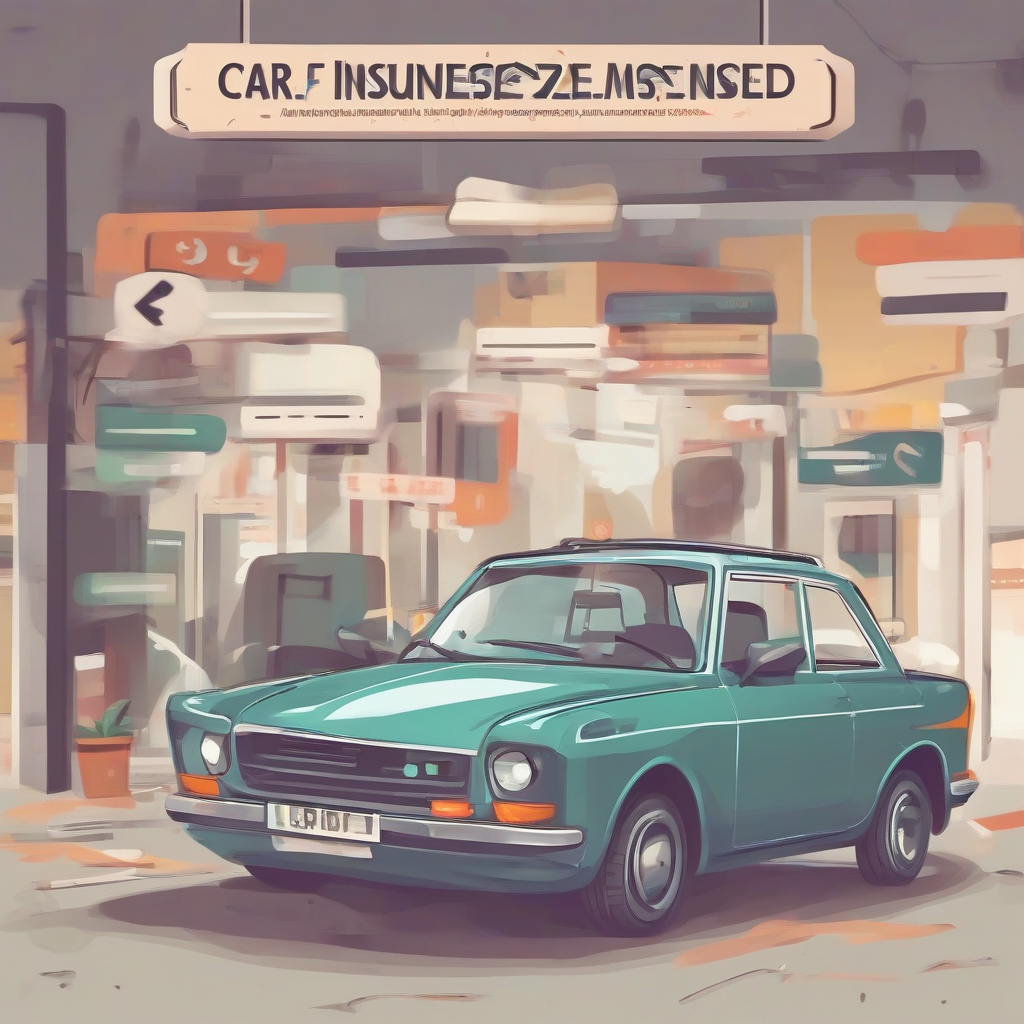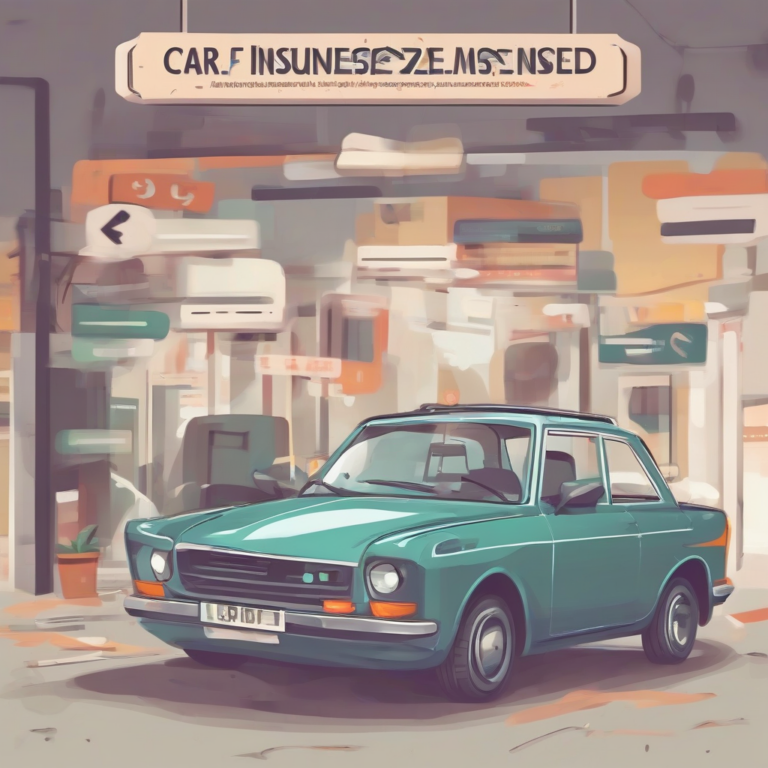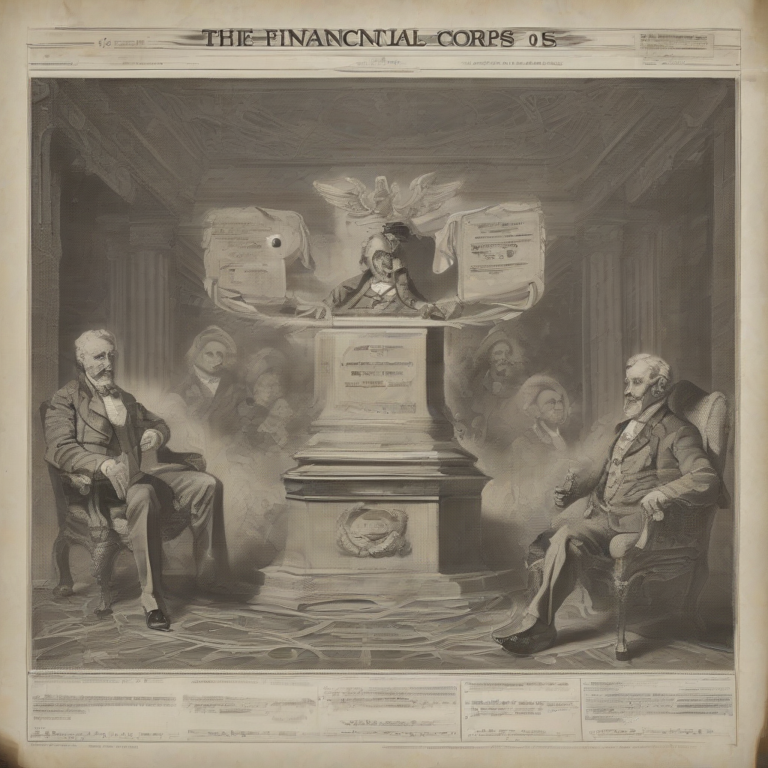
Navigating the World of Car Insurance in New Hampshire: A Comprehensive Guide
Finding the right car insurance in New Hampshire can feel like navigating a maze. This comprehensive guide breaks down the essentials, helping you understand the requirements, options, and factors influencing your premiums. Whether you’re a new driver, a seasoned motorist, or simply looking to optimize your coverage, this resource will empower you to make informed decisions.
Understanding New Hampshire’s Minimum Insurance Requirements
New Hampshire mandates minimum liability coverage for all drivers. This means you’re legally required to carry insurance that protects others in case you cause an accident. Failing to do so results in significant penalties. The minimum requirements are:
- Bodily Injury Liability: $25,000 per person/$50,000 per accident. This covers medical bills and other damages for injuries you cause to others.
- Property Damage Liability: $25,000 per accident. This covers damage to another person’s vehicle or property resulting from your accident.
It’s crucial to understand that these minimums are often insufficient to cover the costs of serious accidents. Consider upgrading your coverage to protect yourself and your assets.
Types of Car Insurance Coverage in New Hampshire
Beyond the minimum requirements, various coverage options cater to different needs and risk tolerances:
- Liability Coverage: As mentioned, this protects others in the event you cause an accident. Higher limits are recommended to mitigate potential financial burdens.
- Uninsured/Underinsured Motorist Coverage: This protects you if you’re involved in an accident with an uninsured or underinsured driver. It’s especially important given the prevalence of uninsured drivers.
- Collision Coverage: This covers damage to your vehicle regardless of fault. If you’re involved in an accident, collision coverage will pay for repairs or replacement, even if you’re at fault.
- Comprehensive Coverage: This covers damage to your vehicle from events other than collisions, such as theft, vandalism, fire, or hail. It provides broader protection against unforeseen circumstances.
- Medical Payments Coverage (Med-Pay): This covers medical expenses for you and your passengers, regardless of fault. It can supplement health insurance or cover situations where the other driver is uninsured.
- Personal Injury Protection (PIP): While not mandatory in New Hampshire, PIP covers medical expenses and lost wages for you and your passengers, regardless of fault. It can be a valuable addition to your coverage.
- Rental Reimbursement: This coverage compensates you for the cost of a rental car while your vehicle is being repaired after an accident.
- Towing and Labor Coverage: This covers the cost of towing and roadside assistance.
Factors Affecting Car Insurance Premiums in New Hampshire
Several factors influence the cost of your car insurance in New Hampshire. Understanding these can help you negotiate better rates and find the most suitable policy.
- Driving Record: Accidents and traffic violations significantly impact your premiums. A clean driving record is crucial for obtaining lower rates.
- Age and Gender: Younger drivers and males generally pay higher premiums due to statistically higher accident rates.
- Vehicle Type: The make, model, and year of your vehicle influence premiums. Sports cars and luxury vehicles often command higher rates.
- Location: Your address affects your premiums due to variations in accident rates and crime statistics across different areas of New Hampshire.
- Credit History: In many states, including New Hampshire, insurers consider credit history when determining premiums. A good credit score can lead to lower rates.
- Driving Habits: Insurers may offer discounts for safe driving habits, such as completing defensive driving courses.
- Coverage Levels: The amount of coverage you choose directly impacts your premium. Higher limits generally mean higher premiums.
- Deductibles: Choosing a higher deductible lowers your premium but increases your out-of-pocket expenses in case of an accident.
Finding the Best Car Insurance in New Hampshire
Shopping around is crucial to finding the best car insurance rates in New Hampshire. Use these strategies to compare and choose the right policy:
- Use Online Comparison Tools: Many websites allow you to compare quotes from multiple insurers simultaneously, saving you time and effort.
- Contact Insurers Directly: Obtain quotes directly from insurance companies to ensure accuracy and gather detailed information about their policies.
- Read Policy Documents Carefully: Before signing up, thoroughly review the policy documents to understand the coverage, exclusions, and terms and conditions.
- Consider Bundling: Bundling your car insurance with other types of insurance, such as homeowners or renters insurance, can often result in discounts.
- Look for Discounts: Inquire about available discounts, such as good student discounts, safe driver discounts, and multi-car discounts.
- Review Your Policy Regularly: Your needs and circumstances may change over time. Periodically review your policy to ensure it still meets your requirements.
Understanding New Hampshire’s No-Fault System
New Hampshire is a “choice no-fault” state. This means you can choose whether to have no-fault insurance or not. If you have no-fault coverage, your own insurance will cover your medical expenses and lost wages regardless of who caused the accident. However, you cannot sue the other driver for these expenses. If you don’t have no-fault coverage, the traditional fault system applies, and you can sue the other driver for damages. Carefully consider the pros and cons before making this decision.
Dealing with an Accident in New Hampshire
If you’re involved in an accident, it’s crucial to follow these steps:
- Check for Injuries: Prioritize the safety and well-being of yourself and others involved.
- Call Emergency Services if Needed: If anyone is injured or the damage is significant, contact 911 immediately.
- Exchange Information: Exchange contact and insurance information with all other drivers involved.
- Take Photos and Videos: Document the accident scene, including vehicle damage, injuries, and traffic conditions.
- Report the Accident to Your Insurer: Promptly report the accident to your insurance company to initiate the claims process.
- Obtain Medical Attention: Seek medical attention if you’re injured, even if your injuries seem minor.
Common Mistakes to Avoid
Avoid these common mistakes when obtaining and managing your car insurance in New Hampshire:
- Only Carrying Minimum Coverage: Minimum coverage often proves insufficient in serious accidents. Consider higher limits.
- Not Shopping Around: Failing to compare quotes can lead to paying significantly more than necessary.
- Ignoring Discounts: Many discounts are available; make sure you’re taking advantage of them.
- Failing to Review Your Policy: Regularly review your policy to ensure it still meets your needs.
- Not Understanding Your Policy: Thoroughly review your policy to understand your coverage and exclusions.
By understanding the intricacies of New Hampshire’s car insurance system and following the guidance provided in this guide, you can effectively navigate the process, secure appropriate coverage, and protect yourself and your assets on the road.





